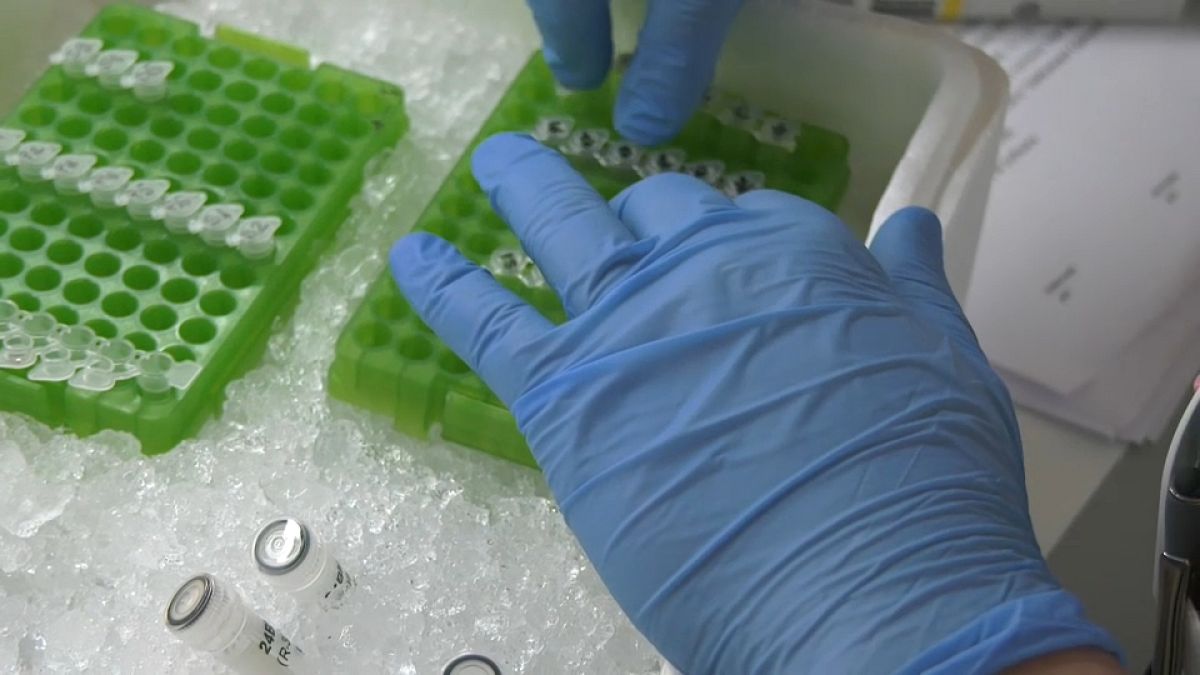A groundbreaking new treatment is being developed to address the side-effects of traditional cancer therapies like chemotherapy and radiotherapy. Cancer patients like Laura, a 33-year-old breast cancer survivor, and Pedro, a lung cancer survivor, often face a range of physical and emotional challenges even after treatment. Organizations like the Asociación Española contra el Cancer (AECC) in Valencia provide support to cancer patients and survivors in managing these challenges through financial aid, prosthetic material, and psycho-oncological support.
The new therapy, developed under Project ULISES as part of the EU’s Horizon program, aims to reduce the side-effects of conventional cancer treatments through the use of nanoparticles. These nanoparticles are designed to deliver genetic material into cancer cells, making them visible to the immune system and activating an immune response against the tumor. Researchers like Cristina Fillat and Vicente Candela Noguera are hopeful that this targeted approach will not only reduce side effects but also improve the effectiveness of cancer treatments.
The nanoparticles used in the new therapy have been compared to those used in the COVID-19 vaccine, demonstrating safety and efficiency in transporting genetic material. By specifically targeting tumor cells, these nanoparticles activate the immune response against the tumor while minimizing side effects compared to traditional therapies. José Antonio López Guerrero, leading the Laboratory of Molecular Biology at the Oncology Institute in Valencia, is optimistic about the potential of this treatment for deadly cancers like pancreatic cancer. A successful outcome could pave the way for new therapeutic options for other types of untreatable cancers.
The impact of cancer goes beyond physical symptoms, often affecting a person’s identity, self-image, and relationships. Psycho-oncologists like Cristina Flor emphasize the psychological challenges faced by cancer patients and survivors, including isolation, anxiety, and body image issues. The emotional strain of a cancer diagnosis and treatment can be overwhelming, highlighting the need for holistic support services that address both the physical and psychological aspects of cancer care.
As cancer research continues to advance, new treatments like the one developed under Project ULISES offer hope for improved outcomes and quality of life for cancer patients. The potential of targeted therapies like nanoparticles to reduce side effects and enhance the body’s natural immune response against tumors represents a significant step forward in the fight against cancer. By addressing the physical, emotional, and social impact of cancer, researchers and healthcare professionals are working towards a future where cancer can be treated effectively with minimal long-term consequences. With continued research and innovation, the promise of personalized cancer treatments that minimize side effects and maximize effectiveness may soon become a reality for patients like Laura and Pedro.










